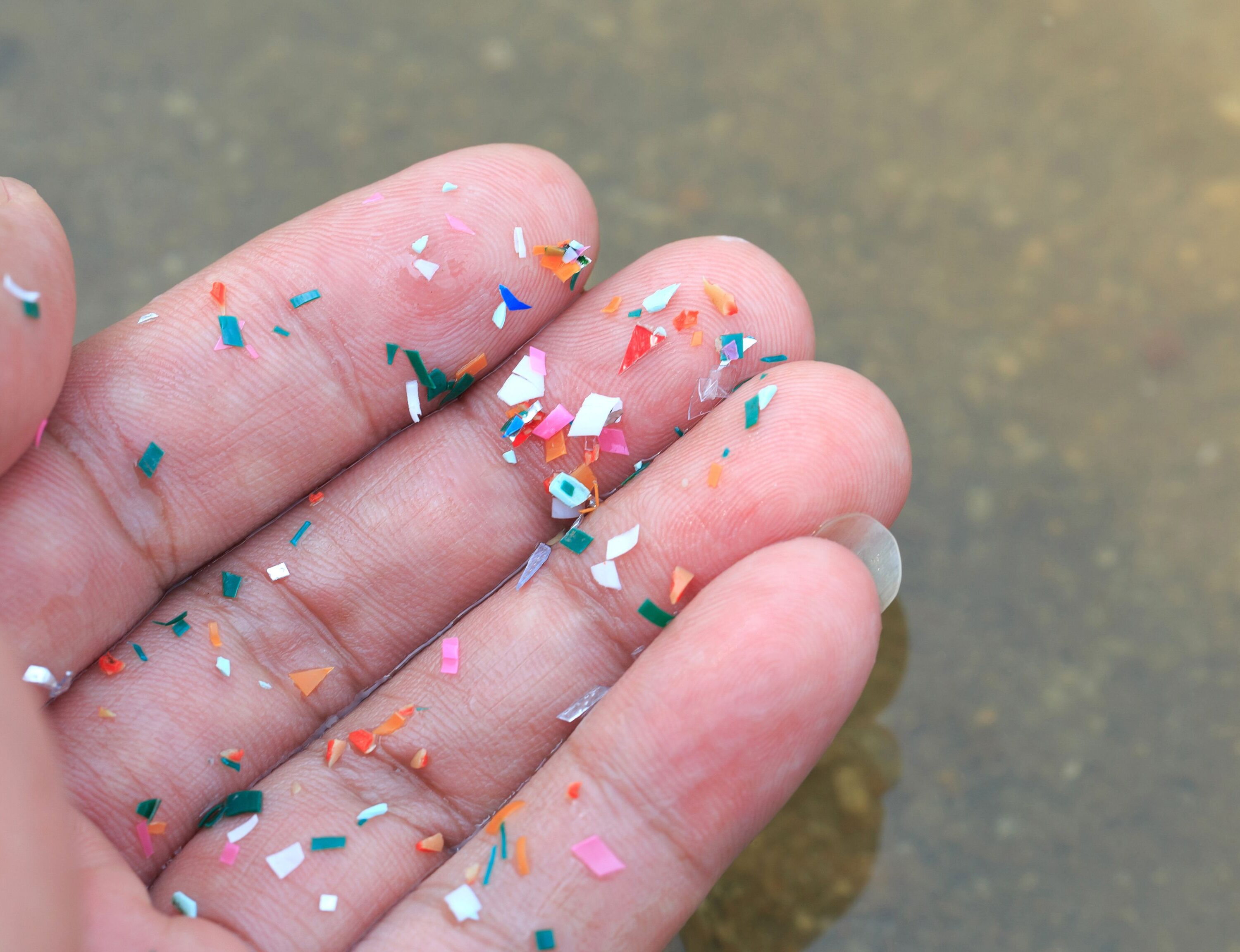
Welcome to Higginson Strategy’s weekly round-up of international news relating to plastic pollution.
This week, the EU Commission has taken the unusual step of u-turning on its own proposal for legislation monitoring the transportation of microplastics. Researchers from Curtin University revealed an increase in plastic waste across developing countries has led to a significant rise in plastic being burned for domestic use. South Korea has announced a review of paper straws following a transition back to plastic by other governments including the USA. The sewerage system in Sydney, Australia, is a ‘significant’ source of microplastic pollution into the sea according to a government report. Finally, the US State of Oregon has put forward further plastic bans including cutlery, and condiment sachets and prohibiting hotels from providing toiletries in disposable plastic containers.
EU Commission slashes microplastics reporting rules
A legislative proposal under the European Commission’s flagship Green Deal to control microplastic pollution is well underway, but in an unusual move, the Commission is now proposing to dilute its own proposal. At a meeting of EU ambassadors, the Commission suggested cutting proposed rules on monitoring the transport of microplastics.
In 2023, the Commission proposed new rules to reduce microplastic spillages in the environment by 30 per cent by 2030. A few months later, there was a significant microplastic spill into the Spanish seas. After this episode, the Commission expressed openness to adding extra reporting requirements which would cover the substance’s transport by ship, but this subsequent U-turn has left many unsure about the EU’s environmental ambitions.
Read more here.
Domestic plastic burning on the rise in the Global South
Research led by Curtin University in Perth, Australia has found that an increase in plastic waste across developing countries has led to a significant rise in plastic being burned for heat and cooking. In developing countries the team found the practice of burning plastic among general waste to be especially prevalent in areas which lacked waste-management systems, such as urban slum communities, where clean cooking alternatives are largely unaffordable.
Burning plastic releases harmful chemicals such as dioxins, furans and heavy metals into the air, which can have a range of health and welfare impacts such as lung disease. Researchers warned: “This will be a growing problem, given global plastic consumption is expected to triple by 2060 and inequality will deepen with rapid, unmanaged urbanisation in developing countries.”
Read more here.
South Korea to reconsider using paper straws as global shift back to plastic gains momentum
South Korea’s government will review the life cycle of paper straws over disputes on their eco-friendliness, its outcome is likely to determine whether the government will continue promoting paper straws.
The review follows other governments and companies worldwide, including US President Donald Trump, announcing their plans to go back to using plastic straws instead of paper straws. The Ministry of Environment will conduct a life cycle assessment following the government’s previous announcement that a ban on the use of plastic straws would come into force.
Read more here.
Sydney’s sewerage system a ‘significant’ source of microplastic pollution into the sea
The Australian Government’s scientific research agency, CSIRO, found one wastewater treatment plant at Malabar in Sydney discharged an estimated five bn to 120bn microplastic particles into the ocean each day. By comparison, the report found the Cronulla plant – another Sydney plant which uses more advanced techniques to treat wastewater – discharged an estimated 86m to 350m microplastic particles each day.
The report noted that at Malabar, anywhere between zero and 79 per cent of microplastics were removed from wastewater during the primary treatment process, while the Cronulla plant removed more than 98 per cent of microplastics, prompting calls for more advanced treatment processes.
Read more here.
Oregon Bill aims to roll out further plastic bans
The US State of Oregon is ramping up measures on plastic pollution, building on regulations lawmakers approved in 2019 that barred restaurants, grocery stores and other stores from offering single-use plastic bags at checkout, and blocked restaurants from offering plastic straws unless they are requested by a customer.
These further amendments would eliminate an exception in the plastic bag ban that allowed grocers to offer slightly thicker “reusable” plastic bags to customers for a small charge. It would also bar food service establishments from offering plastic cutlery or condiments in plastic packaging unless they are specifically requested and prohibit hotels and other lodging establishments from automatically providing toiletries like shampoo or lotion in disposable plastic containers.
Read more here.
